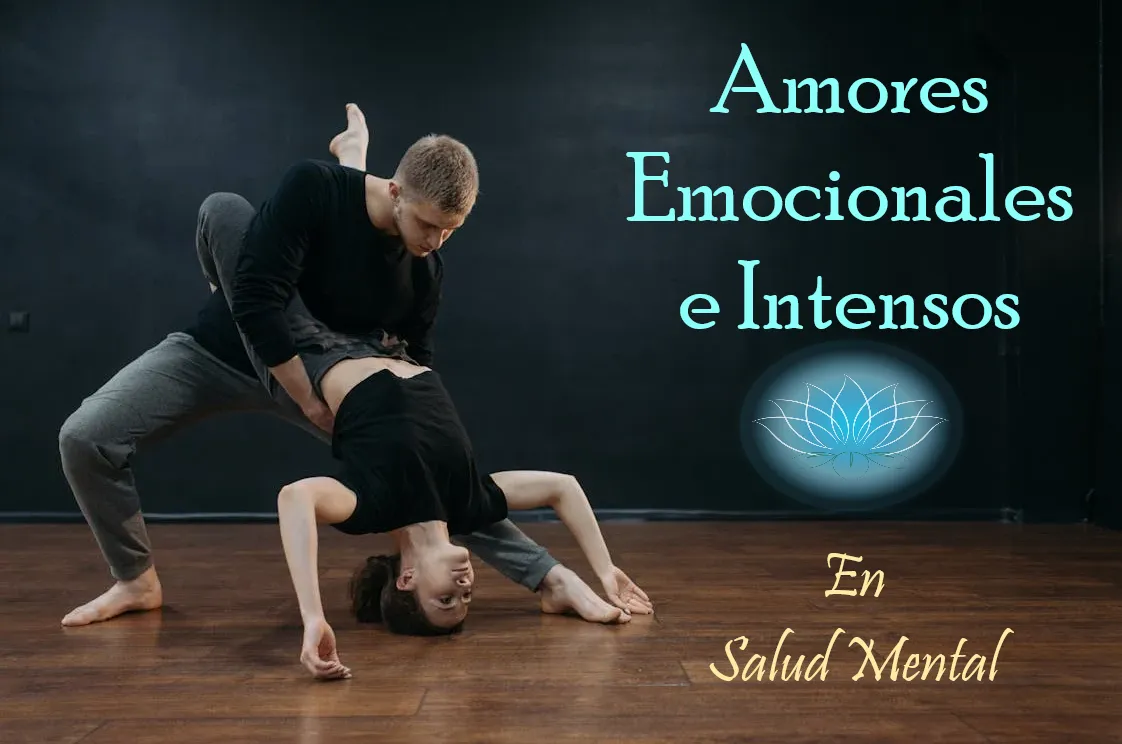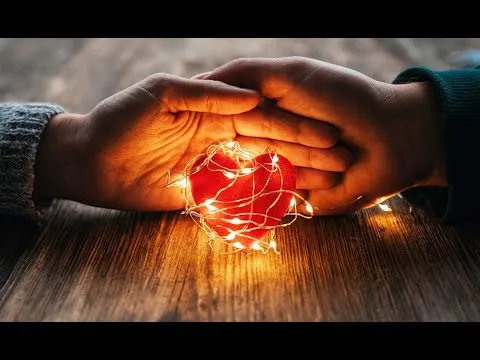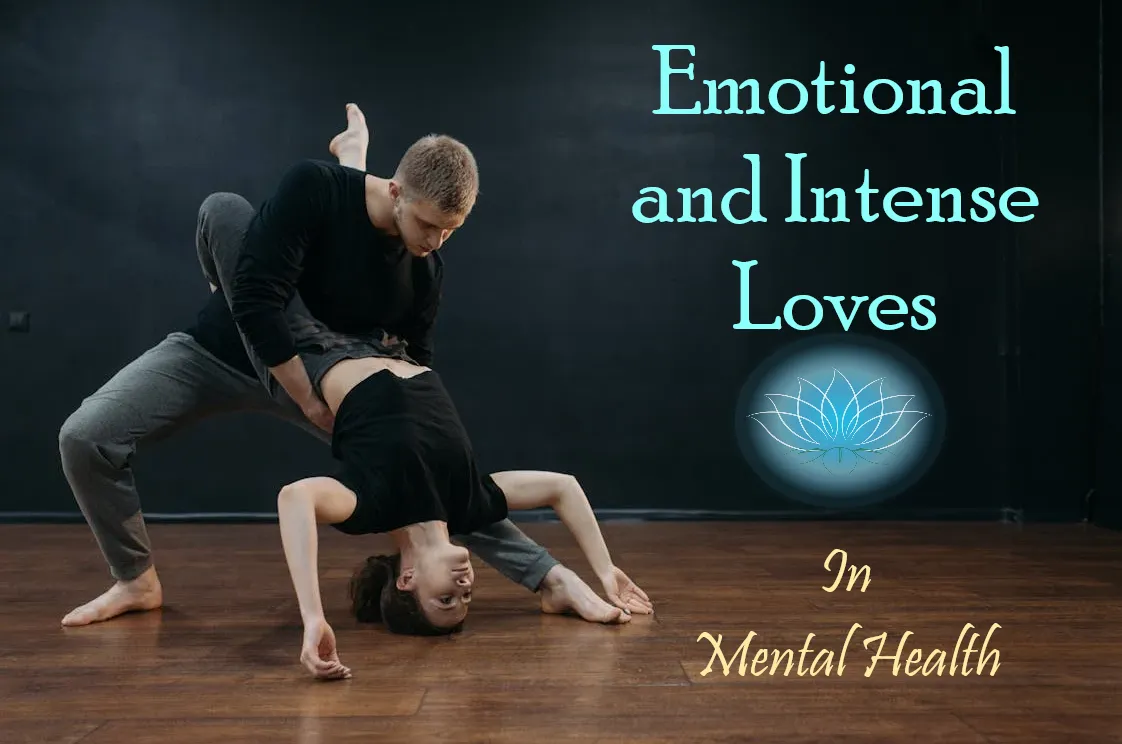

¡Lo sé, lo sé! Hablaré de Shakespeare, no de Choderlos de Laclos y su entramado de amores racionales en sus Relaciones Peligrosas…
Pasó que, al revisar estas fotografías de Verona, de un viaje anterior, me puse a indagar, a propósito de la tan conocida historia sobre amores obsesivos y dependientes que, al fin y al cabo, son imposibles; y recordé el poco conocido Síndrome de Romeo y Julieta.
Bueno, no es un término clínico que se ajuste a un trastorno mental en específico, pero sí, es una circunstancia que mucha gente adulta vive, y no es sana.
¿Será que aún, de adultos, seguimos buscando ese amor especial de grandes vínculos emocionales, adolescente por demás, que a nuestra edad debe ser considerado realmente patológico?
Pues, hablaremos del Síndrome de Romeo y Julieta.


Imagen Propia: Verona, Italia; calle Capello número 23
Verona y los amantes míticos
El asunto es, que parece ser cierta la historia de los Montesco y los Capuleto.
Y desde 1905 funciona un museo en la calle Capello número 23, en esa ciudad italiana, llamado la casa de Julieta, donde, según la historia, vivió la familia Capuleto de la célebre historia de Shakespeare, en la vida real, familia Capello.
Sin embargo, me llama más la atención ese deseo tan fuerte en muchísima gente por conocer esta historia, ahondar en ella y, muy en el fondo, querer vivir un amor así.
Pero, ¿sabías que está catalogado como un síndrome patológico, de amor imposible y desconectado de la realidad? Pues sí.
De adolescentes podemos vivir amores con excesiva secreción de neurotransmisores u hormonas y, por lo tanto, con una explosión increíble de emociones que son señales de un extremismo emocional.
Pero cuando lo vivimos de adultos, resulta que hay algo que no está resuelto y que es signo de dependencia emocional importante que debe ser tratado.
Así, el síndrome de Romeo y Julieta está relacionado con tendencias emocionales extremistas, con preocupación excesiva y continua hacia otra persona y necesidad de validación del otro; con celos posesivos e intensos y aislamiento social como consecuencia.
Aquí no existe capacidad de disfrute de ninguna otra circunstancia que no sea el amor de la pareja y, por lo tanto, el ser humano se transforma en algo disfuncional en áreas de la vida que son necesarias para el crecimiento y para la interrelación social.

Un estudio de la Universidad Nacional Autónoma de México (UNAM)
Manuel González Oscoy, profesor de la facultad de psicología de la UNAM, en Ciudad de México, nos ha dejado un estudio que nos invita a pensar en cuánto de patológico tenemos dentro de nosotros mismos cuando deseamos amores así.
Él nos hace la observación de que hay que revisar nuestra configuración cerebral, en cuanto a concepciones del amor o de la relación de pareja, pero también, cómo está funcionando nuestro sistema nervioso en relación con sus neurotransmisores, a indagar en los niveles de dopamina, serotonina, oxitocina, adrenalina, y hasta de la vasopresina, que tiene actividad a nivel de la presión arterial.
Que se debe hacer una revisión importante sobre nuestra salud mental, cuando este tipo de amor tormentoso se vive o se desea vivir.
¡Vamos! Que se trata del enamoramiento súbito e intenso que es normal en la adolescencia, pero que nosotros, por un factor de realidad que debemos poseer como adultos, ya no deberíamos vivir.
Aquí una explicación en palabras del autor, Manuél González Oscoy:

¿Cómo saber si tengo este síndrome sin darme cuenta?
Generalmente, quienes padecen este síndrome, son personas que viven varias relaciones de pareja y que siempre terminan con el apego emocional característico.
Relaciones, además, donde se enfrentan muchos obstáculos para que esta unión camine en forma tranquila, organizada, como dos personas adultas, como un equipo.
Aquí, las emociones son más importantes que las acciones de crecimiento y de estabilidad y, sobre todo, en etapas adultas, es decir, este tipo de relaciones entre los 40 y los 60 años, se convierten en estados psicopatológicos.
Porque a esta edad se deben tener relaciones afectivas amorosas con estabilidad, con ese factor de realidad que nos hace razonar ante todo lo que es emocional.
Hay un exceso de ensoñación, que también es importante que evaluemos, y esa sensación constante de que hay algo más, de que siempre le falta algo a mi relación, algo más profundo...
Esto también puede estar señalándote que debes revisar tus concepciones y tus circunstancias bioquímicas producto de tu alimentación, tu actividad y tu socialización.

Imagen Propia: Ala exterior de la Arena de Verona, en la ciudad de los amantes, Italia
Verona, el balcón y la salud mental
Las señales que ofrece el ser humano en sus interrelaciones con otros, pueden darnos mucha información que sirve para prevenir, sobre todo para que los que trabajamos en salud; lo que nos permite llevar información o temáticas para que estemos alertas a detectar disfunciones.
Enamorarnos, emocionalmente para ser felices y ya, parece ser sencillo, y gracias al cine, series de televisión y telenovelas, es algo que muchos queremos alcanzar.
Pero muchas veces caemos en circunstancias que, a la larga, ponen en tela de juicio nuestra salud mental.
La inteligencia emocional debe ser alimentada para tener un crecimiento estable y generar acciones que solidifiquen nuestros sueños; así, los afectos, que son los que nos motivan, mal manejados, pueden interferir para el logro de la estabilidad emocional en un adulto.
No olvidemos que, siempre las necesidades conscientes e inconscientes, van a estar allí, tratando de manifestarse ante todos.
Así que, la próxima vez que intentemos recrear relaciones amorosas perfectas, míticas y de leyendas, como la de Los amantes de Verona, en las redes sociales, pensemos que puede haber algún lector o seguidor, que analice esa publicación y le dé diagnóstico de dudosa sanidad.


Verona, Lovers and Dangerous Relationships... -The Romeo and Juliet Syndrome- Reflections with your doctor...


I know, I know! I will talk about Shakespeare, not about Choderlos de Laclos and his web of rational loves in his Dangerous Liaisons...
It happened that, while reviewing these photographs of Verona, from a previous trip, I started to inquire about the well-known story about obsessive and dependent loves that, after all, are impossible; and I remembered the little-known Romeo and Juliet Syndrome.
Well, it is not a clinical term that fits a specific mental disorder, but yes, it is a circumstance that many adult people live, and it is not healthy.
Could it be that even as adults, we are still looking for that special love of great emotional bonds, adolescent by the way, which at our age should be considered really pathological?
Well, we will talk about the Romeo and Juliet Syndrome.


Own Image: Verona, Italy; 23 Capello Street
Verona and the mythical lovers
The thing is, the story of the Montagues and the Capulets seems to be true.
And since 1905 there is a museum in 23 Capello Street, in that Italian city, called Juliet's house, where, according to the story, lived the Capulet family of Shakespeare's famous story, in real life, the Capello family.
However, I am more struck by the strong desire in many people to know this story, to delve into it and, deep down, to want to live a love like this.
But, did you know that it is classified as a pathological syndrome, of impossible love and disconnected from reality? Yes, it is.
As teenagers we can experience love with excessive secretion of neurotransmitters or hormones and, therefore, with an incredible explosion of emotions that are signs of emotional extremism.
But when we experience it as adults, it turns out that there is something that is not resolved and that is a sign of important emotional dependence that must be treated.
Thus, the Romeo and Juliet syndrome is related to extreme emotional tendencies, with excessive and continuous preoccupation towards another person and need for validation from the other; with possessive and intense jealousy and social isolation as a consequence.
Here there is no capacity to enjoy any circumstance other than the love of the partner and, therefore, the human being becomes dysfunctional in areas of life that are necessary for growth and social interaction.

A study by the National Autonomous University of Mexico (UNAM)
Manuel González Oscoy, professor at the Faculty of Psychology of the UNAM, in Mexico City, has left us a study that invites us to think about how much of pathology we have within ourselves when we desire such loves.
He makes the observation that we must review our brain configuration, in terms of conceptions of love or the relationship, but also, how our nervous system is functioning in relation to its neurotransmitters, to investigate the levels of dopamine, serotonin, oxytocin, adrenaline, and even vasopressin, which has activity at the level of blood pressure.
That an important review should be done on our mental health, when this type of stormy love is lived or desired to live.
Come on! That this is the sudden and intense infatuation that is normal in adolescence, but that we, by a factor of reality that we must possess as adults, should no longer live.
Here is an explanation in the words of the author, Manuél González Oscoy:

How do I know if I have this syndrome without realizing it?
Generally, those who suffer from this syndrome are people who live several relationships and always end up with the characteristic emotional attachment.
Relationships, in addition, where many obstacles are faced so that this union walks in a calm, organized way, as two adult people, as a team.
Here, emotions are more important than the actions of growth and stability and, above all, in adult stages, that is to say, this type of relationships between 40 and 60 years old, become psychopathological states.
Because at this age it is necessary to have loving affective relationships with stability, with that factor of reality that makes us reason before everything that is emotional.
There is an excess of daydreaming, which is also important to evaluate, and that constant feeling that there is something more, that there is always something missing in my relationship, something deeper...
This may also be signaling you that you should review your conceptions and your biochemical circumstances as a result of your diet, your activity and your socialization.

Own Image: Exterior wing of the Arena of Verona, in the city of lovers, Italy
Verona, the balcony and mental health
The signals offered by human beings in their interrelationships with others can give us a lot of information that serves to prevent, especially for those who work in health, which allows us to carry information or topics to be alert to detect dysfunctions.
Falling in love, emotionally to be happy and that's it, seems to be simple, and thanks to movies, TV series and soap operas, it is something that many of us want to achieve.
But many times we fall into circumstances that, in the long run, call into question our mental health.
Emotional intelligence must be nurtured in order to have a stable growth and generate actions that solidify our dreams; thus, affections, which are the ones that motivate us, badly managed, can interfere in the achievement of emotional stability in an adult.
Let's not forget that conscious and unconscious needs will always be there, trying to manifest themselves to everyone.
So, the next time we try to recreate perfect, mythical and legendary love relationships, such as The Lovers of Verona, on social networks, let's think that there may be a reader or follower who analyzes that publication and gives a diagnosis of dubious sanity.

Emilio Ríos – Venezuela
@emiliorios


Las fotografías fueron tomadas con un dispositivo Redmi Note 9
The photographs were taken with a Redmi Note 9 device.Barras separadoras y logo de English, editadas en Paint, de:
Separator bars and English logo edited in Paint, from:
Pixabay-Marcianofab
Cintillo personalizado de @emiliorios con el logo de #Hive, realizado por la excelente creadora @mosa71
Custom @emiliorios headband with the #Hive logo, made by the excellent creator @mosa71Nuevo logo de Twitter tomado de la plataforma de la red social.
New Twitter logo taken from the social network platform.Imagen de agradecimiento, tomando el logo de nuestra comunidad y editada en Paint, de:
Thank you image, taking our community logo and edited in Paint, by:
Pixabay-Marcianofab
Logo de la comunidad utilizado en las imágenes, de:
Community logo used in the images, from:
Pixabay-Truthseeker08Si lo deseas, puedes seguirnos en:
If you wish, you can follow us at:




